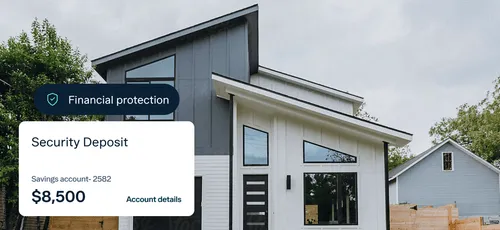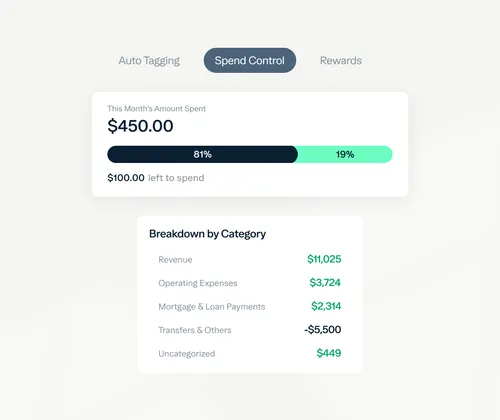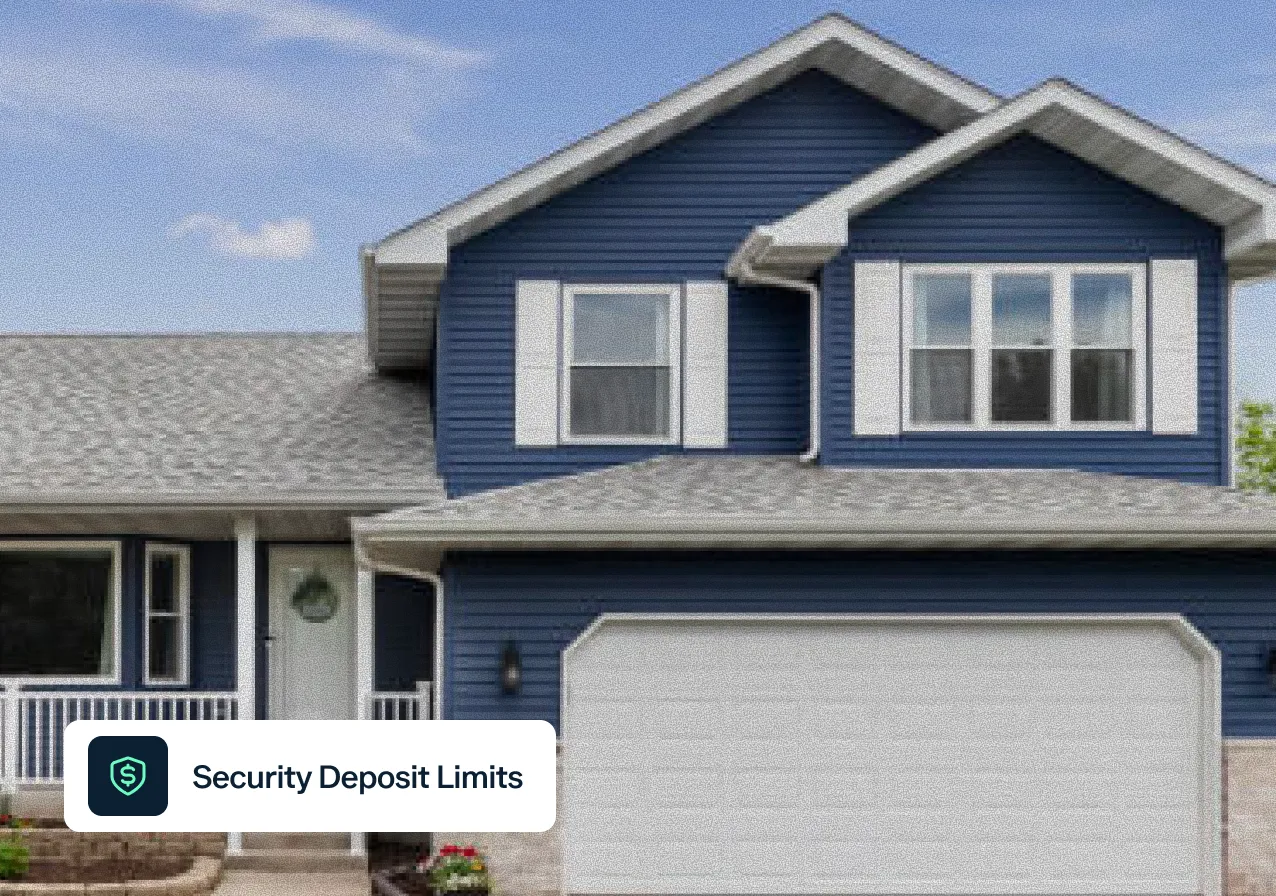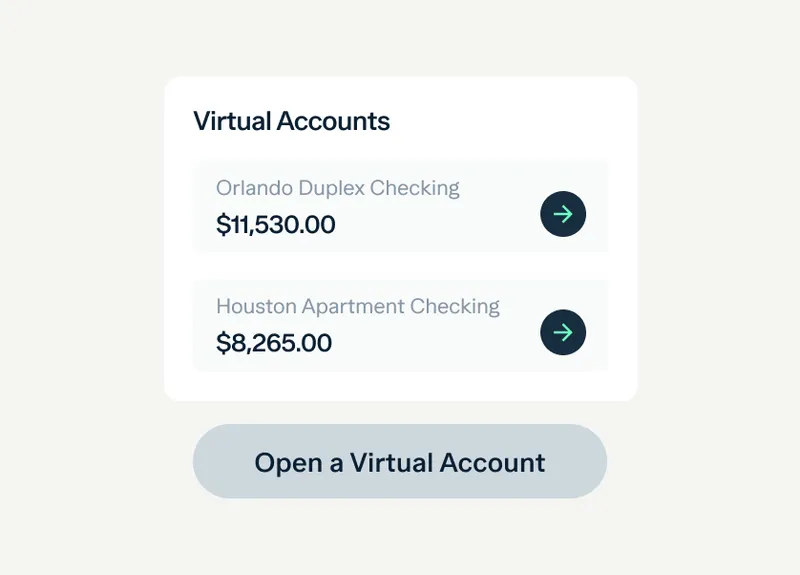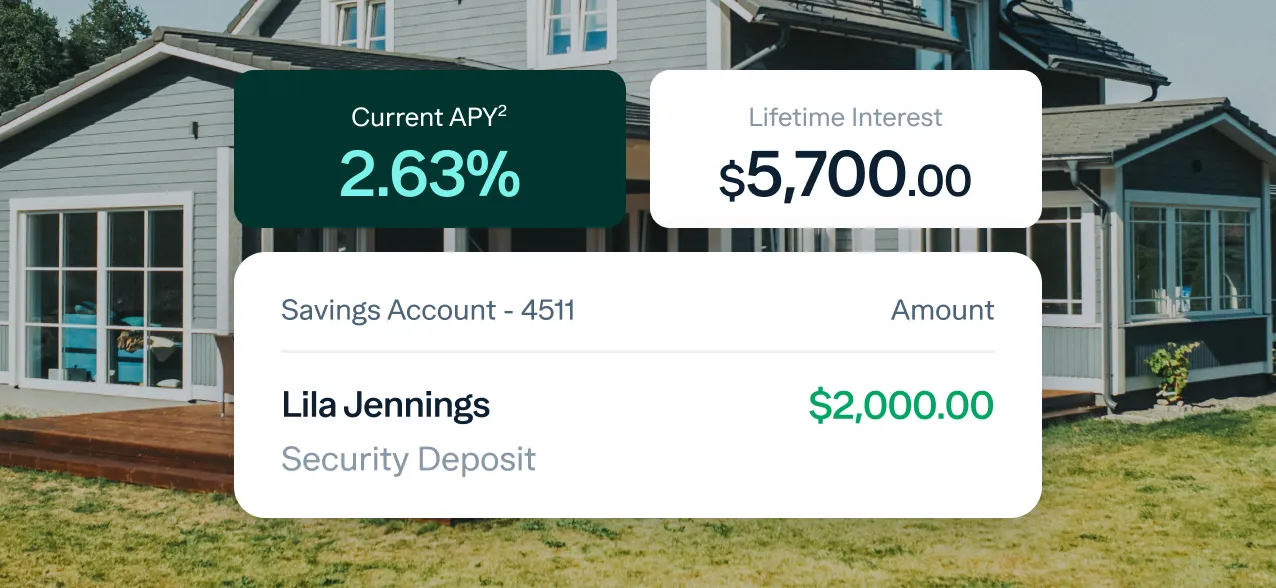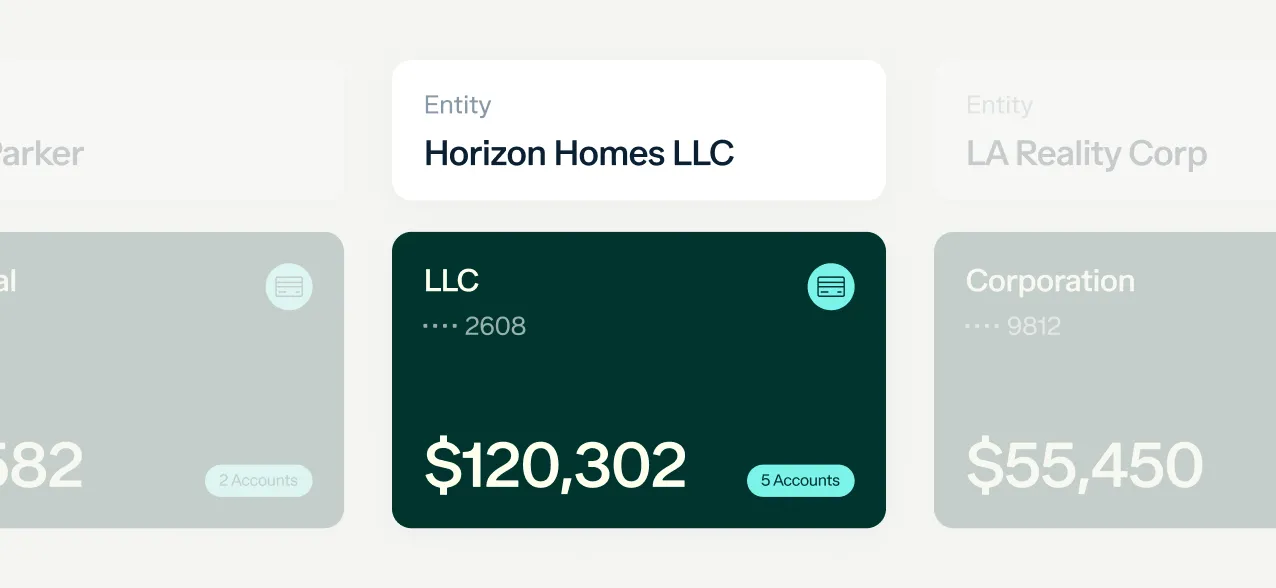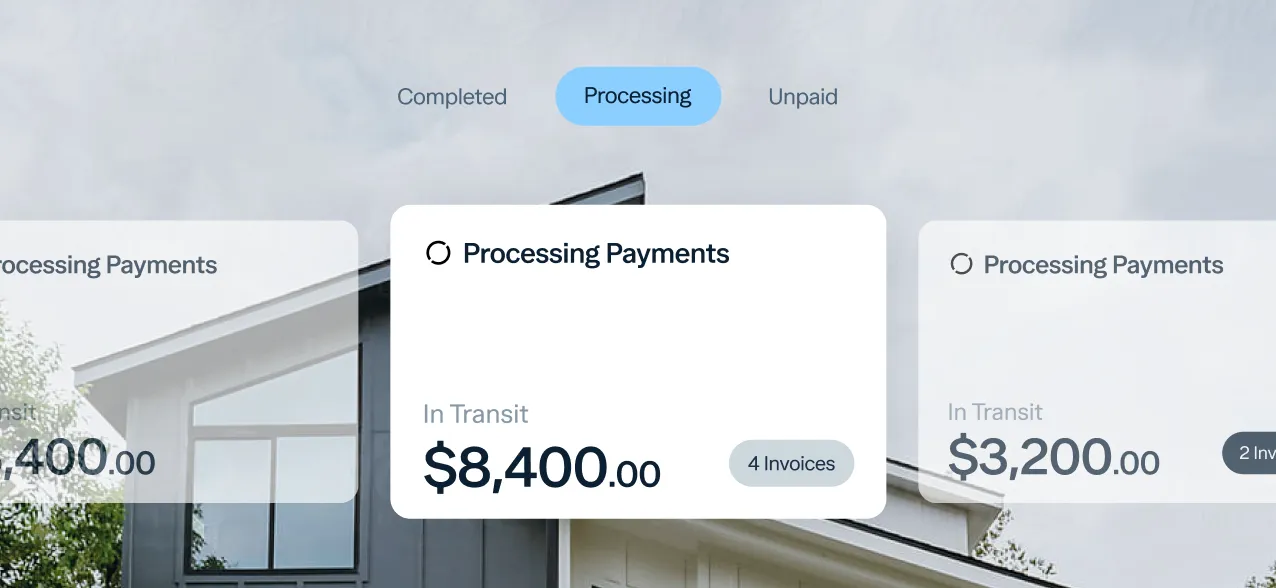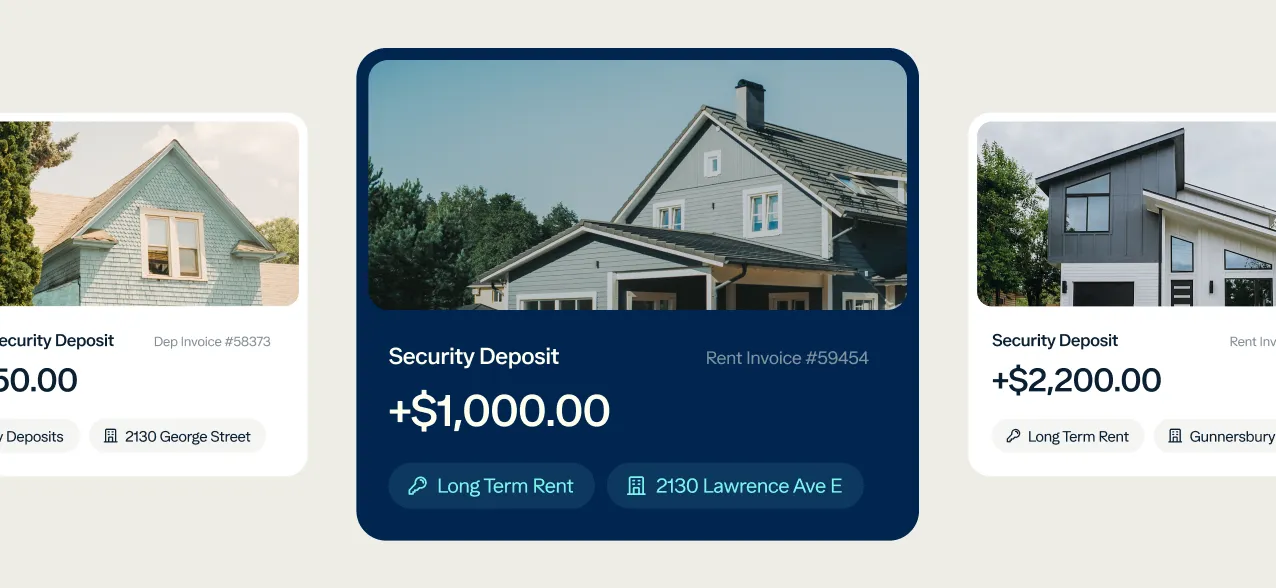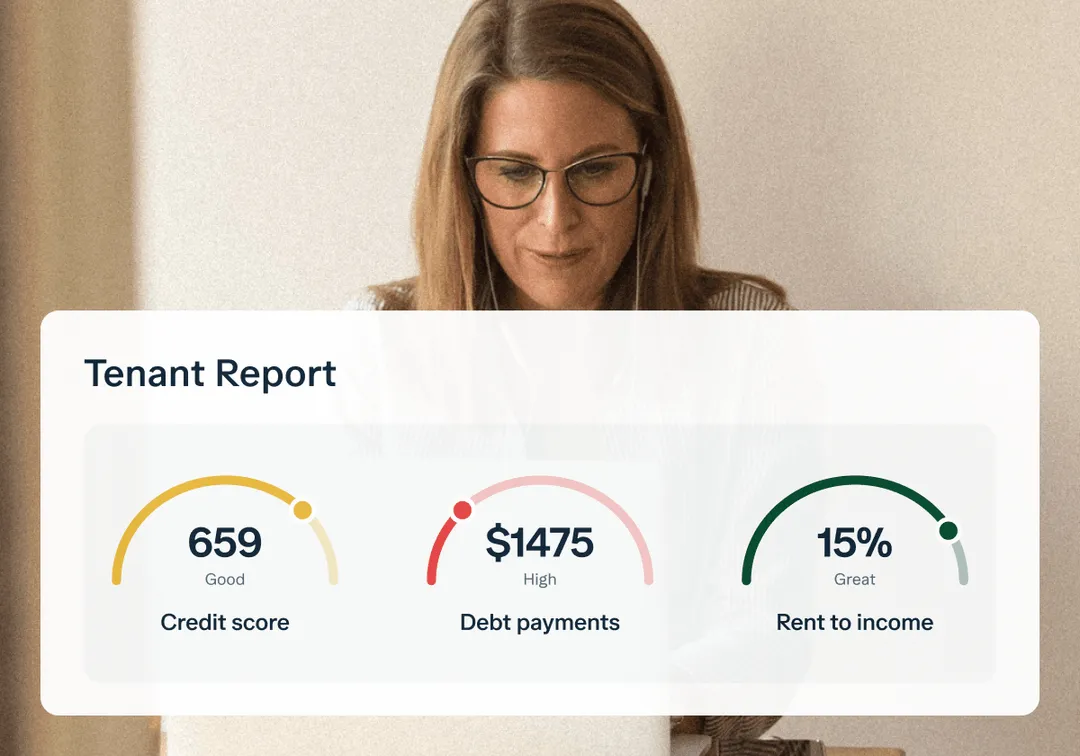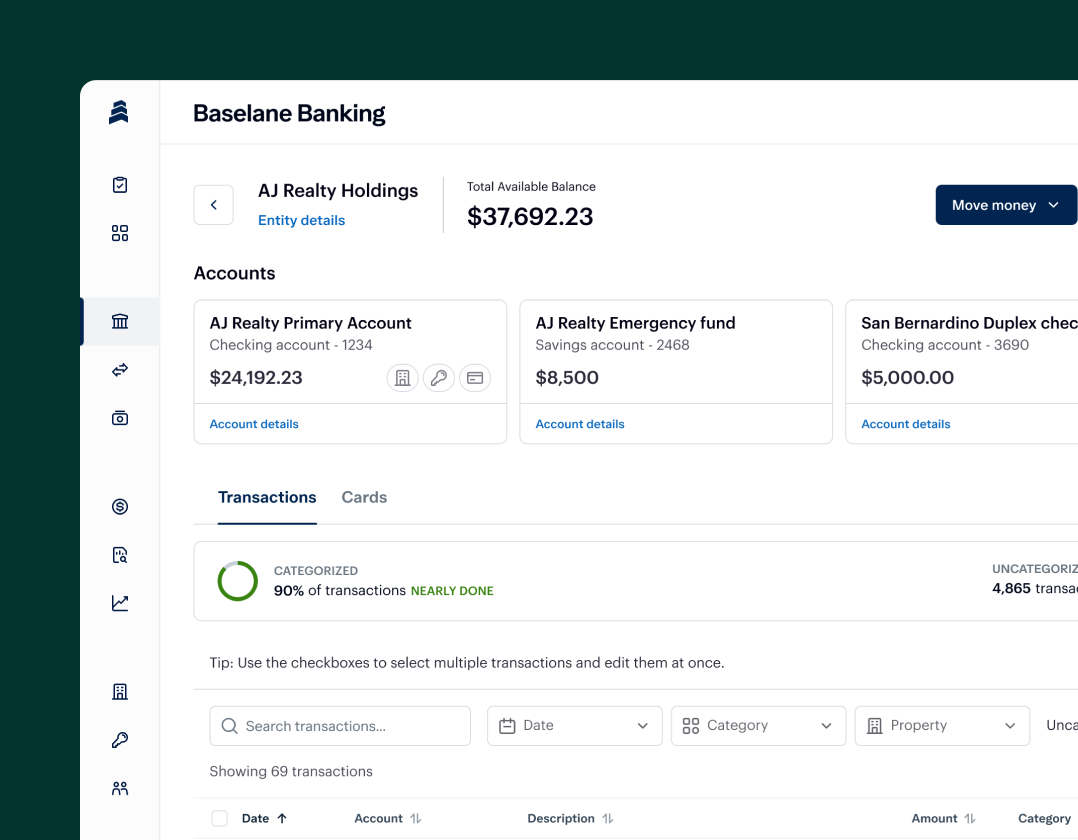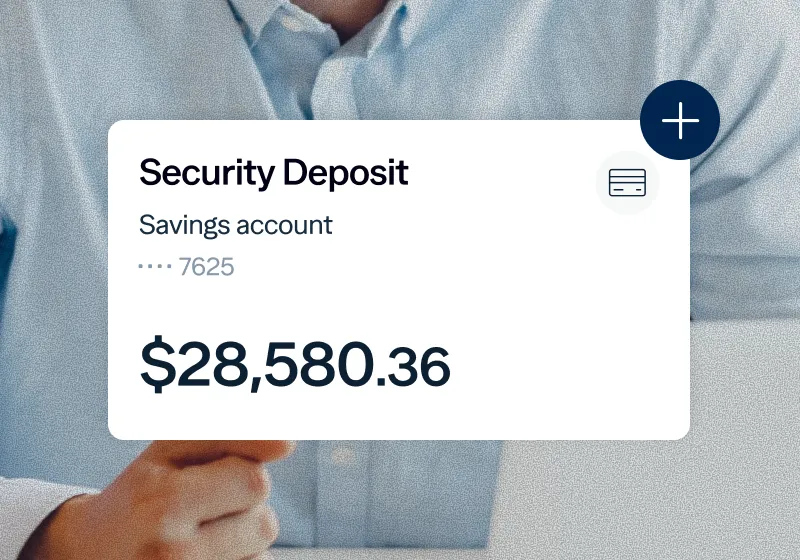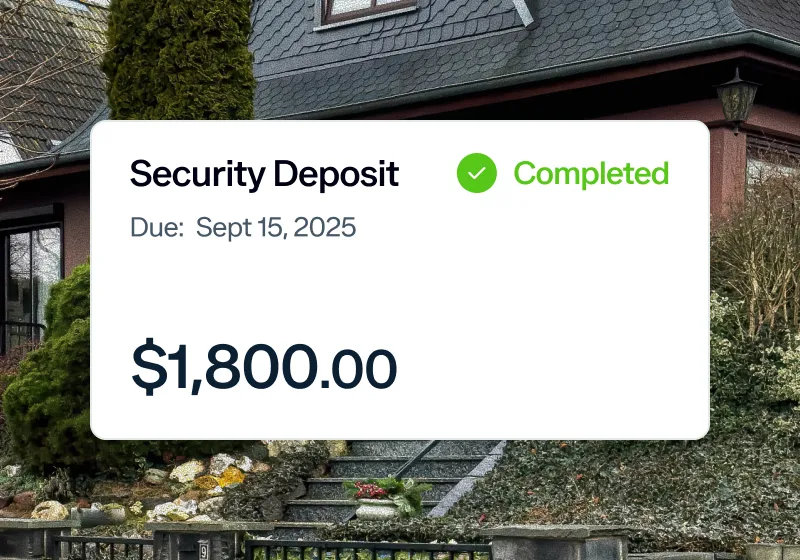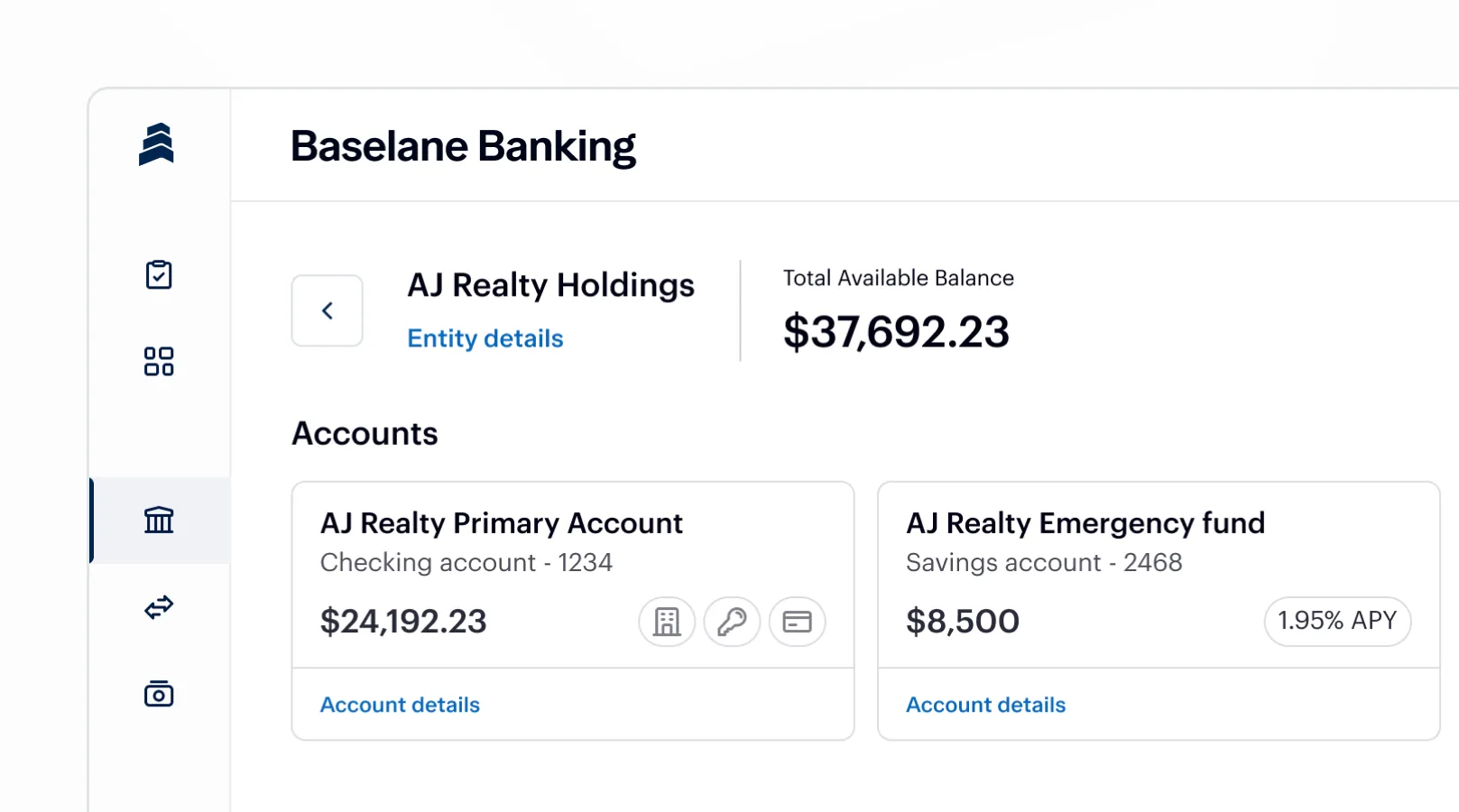In Pennsylvania, landlords can collect up to two months’ rent as a tenant security deposit during the first year of tenancy. After the first year, the landlord must reduce the deposit to one month’s rent. The tenant deposit must be returned within 30 days after move-out, along with an itemized list of any deductions.
Security deposit rules in {{ state }}
Limit: In Pennsylvania, landlords may collect a tenant security deposit of up to two months’ rent during the first year of tenancy. After the first year, the maximum tenant deposit is reduced to one month’s rent. For tenants who remain in the property for more than five years, the landlord may not increase the deposit amount. The total must be clearly stated in the lease agreement, and it is recommended that landlords hold the funds in a dedicated security deposit bank account in Pennsylvania to ensure compliance and transparency.
Return Deadline: The landlord must return the tenant security deposit, along with an itemized list of deductions, within 30 days after the tenant vacates the property and provides a forwarding address. If the landlord fails to return the deposit or issue the itemized list within 30 days, they may be liable for double the amount wrongfully withheld, plus legal and court costs.
Acceptable Deductions: The tenant security deposit may be used to cover unpaid rent, late fees, damages beyond normal wear and tear, and reasonable cleaning or repair costs required to restore the property to its original condition. The landlord must provide an itemized statement detailing each deduction and include receipts or written estimates as documentation.
Where to Deposit: Pennsylvania law requires landlords who hold tenant deposits for more than 25 months to place the funds in an interest-bearing escrow account at a financial institution regulated by the Commonwealth of Pennsylvania. Tenants are entitled to annual interest earned on the deposit, minus a 1% administrative fee. For newer tenancies (under 25 months), the deposit must still be held in a separate, non-interest-bearing escrow account. Landlords must also notify tenants in writing of the name and address of the bank where the funds are held. Maintaining a security deposit escrow account in Pennsylvania or a landlord tenant security deposit bank account in Pennsylvania ensures compliance with state law and protects tenant funds through transparent, regulated management.

